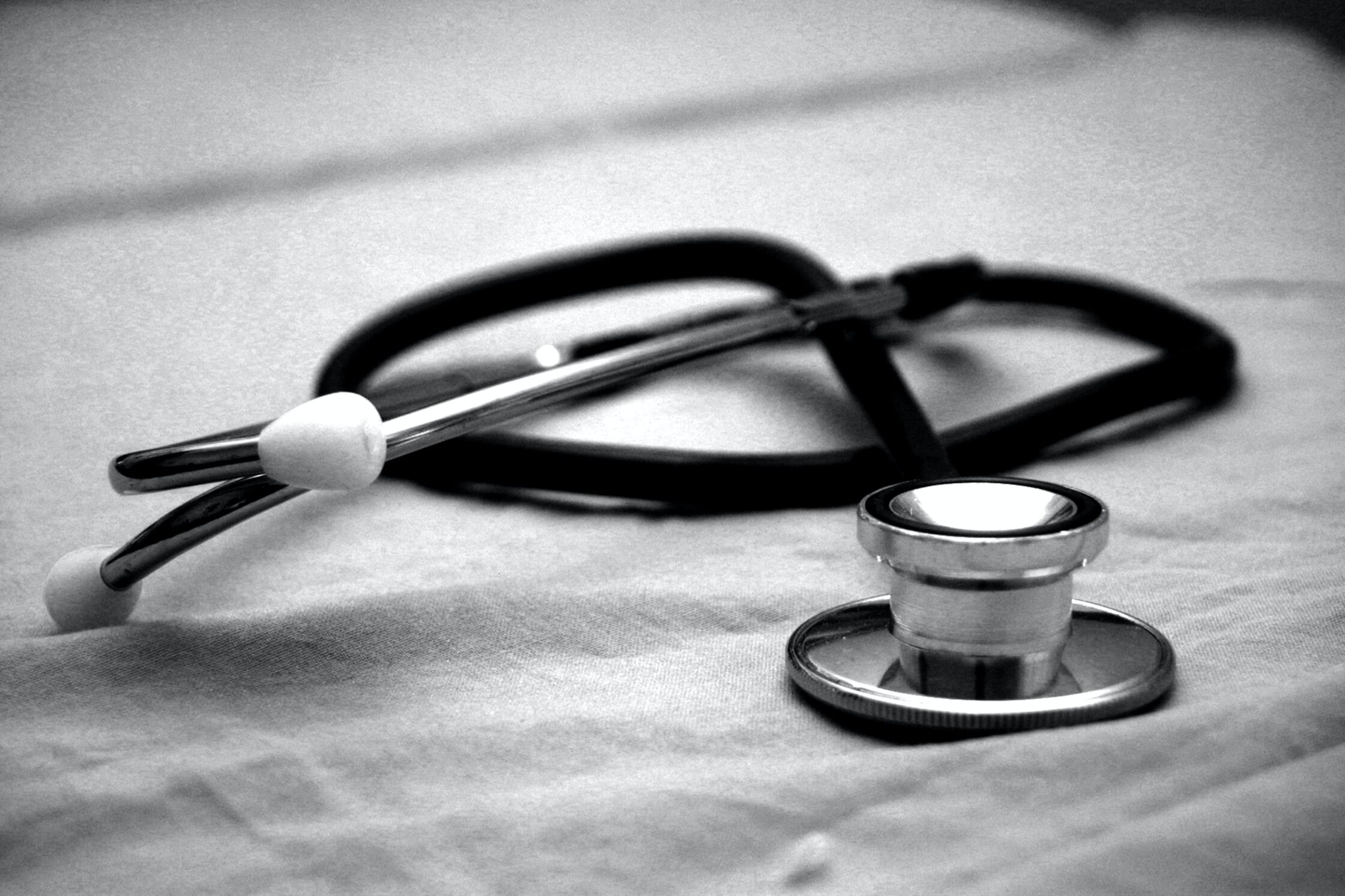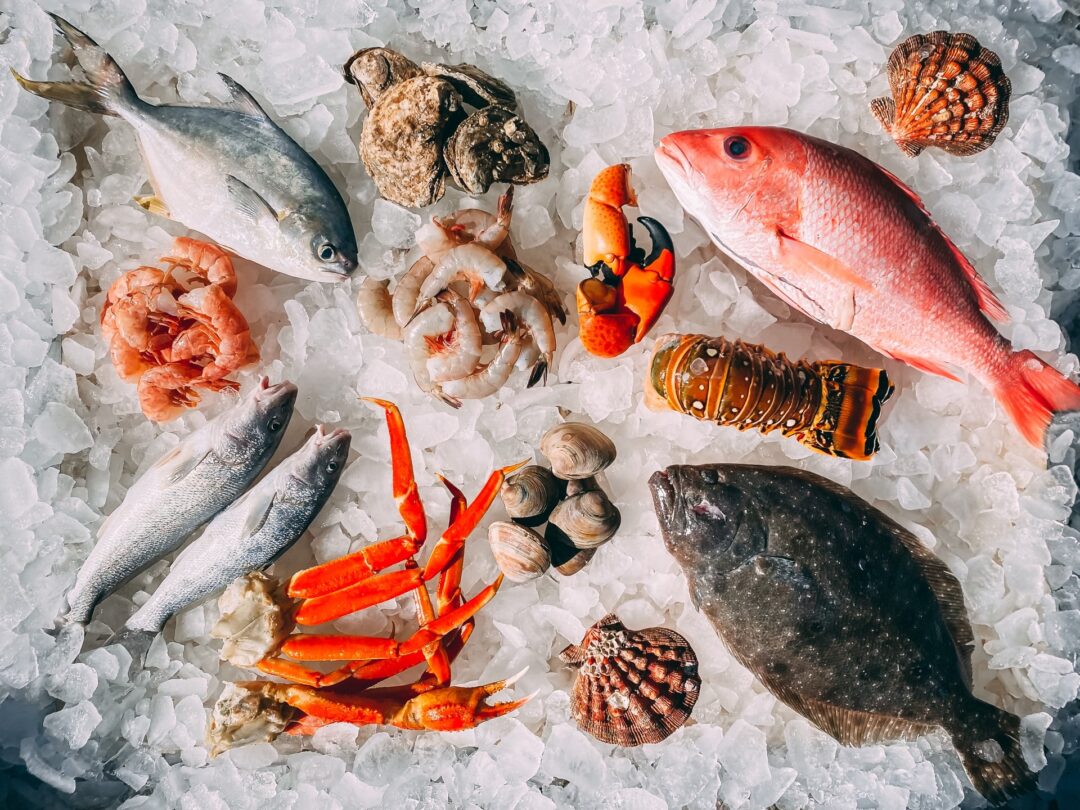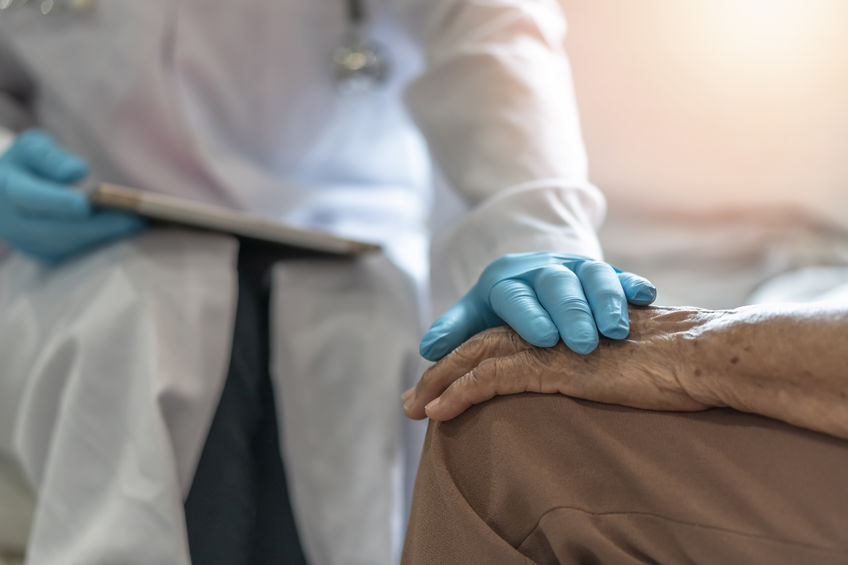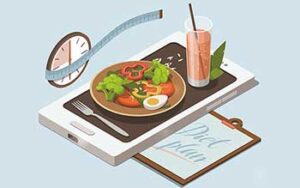After a period of ill health, the aim is to support your immune system by eating and drinking the correct foods, so you recover as quickly as possible. However, in some circumstances, the suggested food and drink options are not appropriate for those struggling to control their blood sugar. For example, if you have diabetes Type I or Type II, or have recently taken medication that increases your sensitivity to sugar such as steroids.
This article should not be taken as medical advice. It is important to discuss with your doctor the best treatment plan for you and always follow medical advice.
Why do steroids cause changes in blood sugar?
- According to diabetes UK taking steroids in high doses over a period of time can cause your blood sugar levels to rise.
- Steroids cause the liver to release more glucose into the blood stream and reduce the action of insulin (causing insulin resistance).
- If you have diabetes, taking steroids can lead to steroid – induced hypoglycaemia. This is where steroids cause high blood sugar levels in people with pre-existing diabetes.
- Even if you don’t have diabetes this increase in blood sugar levels caused by steroids can cause you to develop steroid- induced diabetes.
- Most people will find their blood sugar levels return to normal when they stop taking steroids. However, for some, steroid induced diabetes can continue after treatment. This is more common in people who are at high risk of type two diabetes.
Who is more risk of developing steroid induced diabetes? Those who:
- Have high blood pressure
- Are obese
- Have a close family member with Type II diabetes
- Are white and over 40
- Are African – Caribbean, black African or South Asian and over 25
If your body is struggling to deal with the sugar found in food and drink you should try to consume products that do not cause major spikes in blood sugar levels. Making sure these products also help support the immune system might lead to a faster recovery.
Always consult your doctor or a dietician when altering your diet and follow medical advice. The information below will provide general ideas of how you can manage your blood sugar.

Food and drink that supports the immune system whilst being suitable for those with steroid-induced diabetes
Those with diabetes or steroid-induced diabetes should eat a healthy diet, just the same as somebody without diabetes. However certain focus can be placed on areas of your diet to help control any spikes in blood sugar or consistently high blood sugar levels.
Carbohydrates
- There is controversy as to whether diabetics should follow NHS advice to follow a low-fat diet and get roughly half of their daily calories from carbohydrate. Or follow a low carbohydrate diet which has been shown in recent research to help better control blood glucose levels and reduce insulin resistance than just a low-fat diet.
- This needs to be a personal decision based on your own blood sugar readings, research, and discussion with your doctor. Regardless of your choice, carbohydrates still need to be included in your diet, making the correct dietary choices will further help control you blood sugar levels.
Picking the right carbohydrates
- Low glycaemic index (GI) carbohydrates. The GI is a rating system for foods containing carbohydrates. It shows how quickly each food affects your blood sugar (glucose) level when that food is eaten on its own. High GI foods are things like sugar, white bread, potatoes and white rice.
- Those sensitive to sugar should choose low GI foods as they are broken down slowly so lead to a gradual rise in blood sugar. Some low GI foods are some fruits and vegetables, pulses and wholegrain foods.
- Where possible choose wholegrain version carbohydrates as these foods are high in fibre which can slow sugar absorption.
- Choose mixed grain, granary or rye breads
- Use brown or wholemeal flour
- Choose wholegrain or oat-based cereals
- Avoid sugar and honey-coated cereals and muesli
- Choose brown rice
- Choose snacks lower in carbohydrate where possible
- Celery
- Mange tout
- Cherry tomatoes
- Cucumber
- Peppers
- Salsa
- Guacamole
- Sugar free jelly
- Boiled egg
Fruit and vegetables
- As you can see many of those low carbohydrate snack options were vegetables. Vegetables are a good source of fibre, vitamins and minerals. They are also an excellent way of supporting your immune system.
- Fruit contains a natural source of sugar, therefore space out your fruit portions throughout the day.
- Although drinking lots of orange juice is often revered as a good way to boost your immune system, it is still full of natural sugars. Try to only have one small glass of fruit juice once a day.
- It is better to eat whole fruit instead of fruit juice as whole fruit contains more fibre which helps to slow down the impact on blood glucose levels.
Sugar
- Keep sugary foods to an occasional treat, as these will cause your blood sugar levels to rise quickly.
- Avoid drinking sugary drinks such as full fizzy drinks and squashes. Instead choose ‘diet’, ‘zero’, or ‘no added’ sugar type drinks.
- Avoid adding sugar, honey or syrups to tea/coffee and cereals: artificial sweeteners are safe to use.
- Reduce alcohol intake
Cut down on processed food
- Reduce processed meat, salty processed foods and energy dense, processed food such as crisps, cakes, biscuits and pastries. Instead choose nutrient dense ‘healthy’ options (such as fruits and vegetables, nuts and seeds, pulses etc), these will support your immune system and help you recover quickly from ill health.
Water
- This may sound obvious but staying hydrated is a key part to recovery. Although in some situations isotonic sports drinks can be helpful, water is often the best way to hydrate.
- It is important to note that many “recovery” drinks are often packed with sugar. Always read the label and tried to pick low sugar options where possible.
Other non-food related advice to help support the immune system
- Eat little and often. This will help keep your blood sugar regulated.
- Where possible, and following medical advice, keep moving and exercising as much as possible. Taking walks after you have eaten is a good way to help control blood sugar levels.
Conclusion
To conclude, not everyone who takes steroids will develop steroid-induced diabetes. However, anyone who takes steroids should still consume a healthy diet, focusing on foods that help support your immune system. If you are at higher risk or have developed steroid induce diabetes, then this article could help you to understand how best to structure your diet during your period of recovery. This article should not be taken as medical advice and you should always speak to your doctor or dietician to get the best advice for your individual circumstances.
Studies discussed in the article:
A non-calorie-restricted low-carbohydrate diet is effective as an alternative therapy for patients with type 2 diabetes
Yoshifumi Yamada, Junichi Uchida, Hisa Izumi, Yoko Tsukamoto, Gaku Inoue, Yuichi Watanabe, Junichiro Irie, Satoru Yamada
https://pubmed.ncbi.nlm.nih.gov/24390522/



